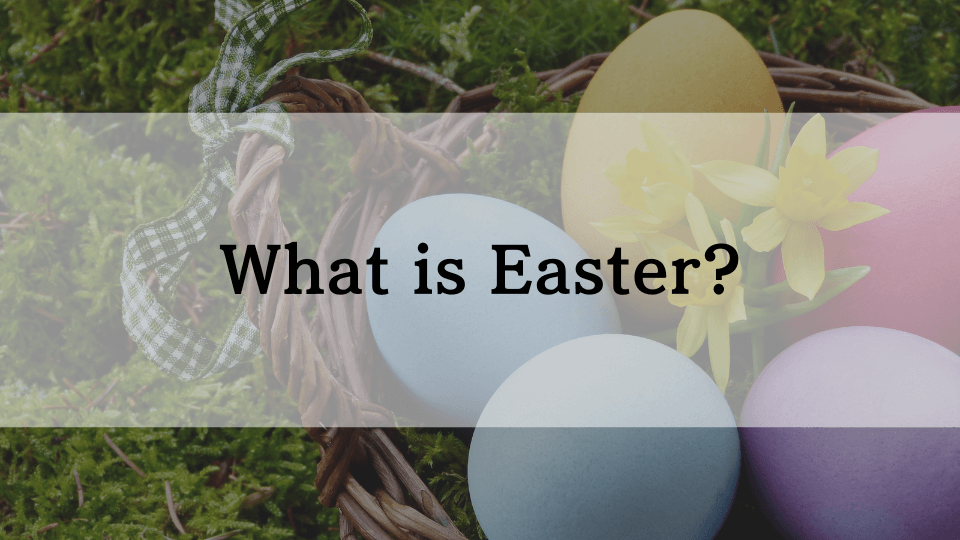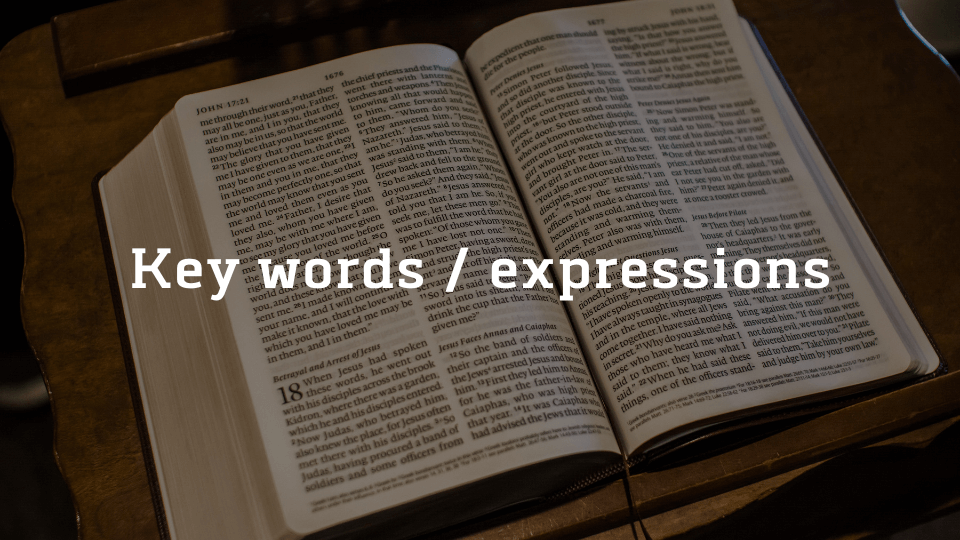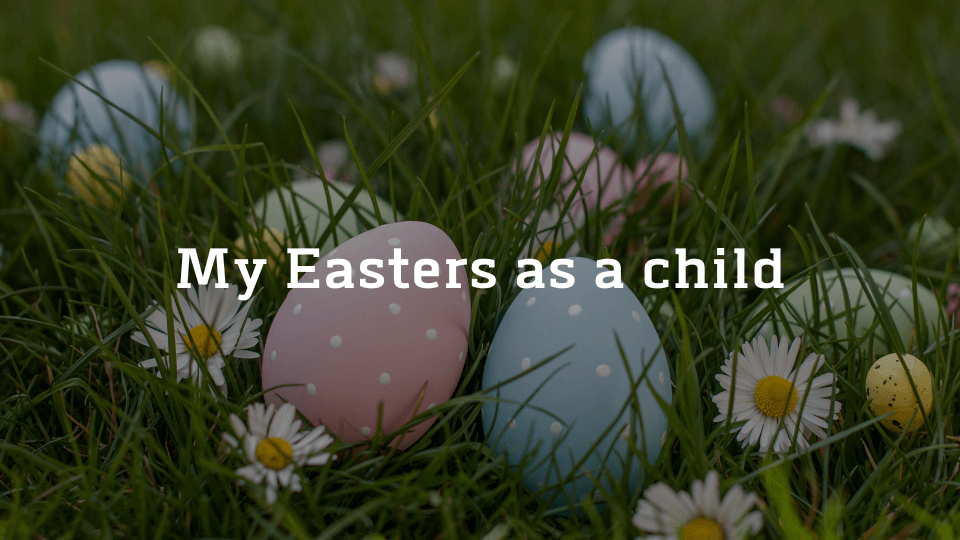【ウォーレン先生】
こんにちは、ウォーレンです。
今日は暑い夏を表現する「dog days」について解説します。
実践的な英語ならケンジントン英会話
ケンジントン英会話では、教科書には載っていない、生きた表現を身に付けることができます。
福岡市内の教室やオンラインで、経験豊富でフレンドリーな講師と一緒に英語を学びませんか?
実践的な英語を学びたい方はケンジントン英会話の公式サイトをチェック!
「dog days」とは?
「dog days」とは、「真夏」「暑中」「夏の盛り」という意味です。
この言葉の由来は遥か昔に遡ります。
古代ギリシャ人は、夜空で最も明るい星であるシリウスが夏の最も暑い日に目立つことを観察しました。
シリウスは「The dog star」とも呼ばれています。
それは、この星が属する星座のラテン語名「Canis major (おおいぬ座)」に由来します。
「Canis」は英語の形容詞「canine (犬科の、犬のような)」という言葉の元になっています。
以下は「canine」に似た形容詞のリストです。
- Feline – cats
- Piscine – fish
- Equine – horses
- Bovine – cattle (e.g. cows)
- Swine – pigs
- Ovine – sheep
- Apine – bees
- Simian – monkeys
- Avian – birds
- Serpentine – snakes
- Lupine – wolves
- Vespine – hornets / wasps
- Arachnid – spiders & scorpions
しかし、「dog days」はあまり一般的な表現ではありません。少なくともイギリスではそうです。
イギリスの天気は変わりやすく、連続して暑い日が続くことが少ないからです。
しかし、1970年代に「Dog Day Afternoon」という有名なアメリカ映画があるように、アメリカの特定の地域では使われるかもしれません。
夏の暑い日に使える英単語
温度について話すには下記の単語が使えます。(暑さの順)
- Boiling(沸騰するような)
- Baking(焼けるような)
- Roasting(ローストするような)
- Scorching(焼けつくような)
料理に関連する言葉が多いことに気づいたかもしれませんね。ぜひ使ってみてください。
天気に関する語彙では、「it’s + 形容詞」が使えます。
[例文]
It’s boiling / roasting (today)
(今日は沸騰するような / 焼けるような暑さです)
湿度が非常に高い日には、これらが使えます。
- boiling (沸騰するような)
- sweltering (うだるような)
暑いし、湿度も高い日について話す言葉としては、もちろんhumid (湿度が高い) がありますが、このように言うこともできます。
- muggy(蒸し暑い)
- close(息苦しい)
これらを強調するためには、その前に「so」を付けて「it’s so muggy (today) [今日はとても蒸し暑い]」と言うこともできます。
日本の夏はとても暑くて湿度が高いので、「oppressively hot (圧倒的に暑い、ひどく暑い)」とも表現できます。
これはエネルギーを奪うほどの暑さを意味します。
最後に
健康に関する注意点として、熱中症にお気をつけください。
直射日光を避け、汗をかいた後は十分な水分を摂って水分補給をしましょう。
ときどき、塩分のあるスナックを食べるのも良いアイデアです。
さらに良いのは、失われた電解質を補うためにアクエリアスのようなスポーツドリンクを飲むことです。
直射日光を避けられない場合は、日焼けを避けるために日焼け止めを塗ることを忘れないでください。
最後に、一つ疑問なのですが、土用の丑の日の「丑」は何を指しているのでしょうか?
もし知っている方がいたら教えてください!
実践的な英語ならケンジントン英会話
ケンジントン英会話では、教科書には載っていない、生きた表現を身に付けることができます。
福岡市内の教室やオンラインで、経験豊富でフレンドリーな講師と一緒に英語を学びませんか?
実践的な英語を学びたい方はケンジントン英会話の公式サイトをチェック!
[英語原文]
The term comes from the long distant past. Ancient Greeks noted that the star Sirius, the brightest star in the night sky, was prominent in the sky during the hottest days of the summer. Another name for Sirius is “The dog star” because of the latin name of the constellation it’s in – Canis major. Canis is where we get the English adjective “canine”, which refers to dogs***.
However, “dog days” is not a common expression; not in the UK, anyway – the weather is too changeable and we don’t have a long enough consecutive run of hot days. However, in certain parts of the US, it might be used. Certainly, there is a famous US movie from the 1970s called “Dog Day Afternoon”.
So what vocabulary can we use to talk about these very hot days in summer?
To talk about the temperature, (and in order of increasingly hot) try – boiling, baking, roasting, scorching (you might realise that they are cooking related words).
For weather related vocabulary, you can simply use “it’s + adjective”
E.g. It’s boiling / roasting (today)
For days when the humidity is very high, again use boiling, or “sweltering”.
Words to talk about both hot and humid – of course, humid, but also muggy and close (close with an “s” sound). To intensify these, you can add “so” before them – e.g. “it’s so muggy (today)”.
Japan’s summer is so hot and humid that we could describe it as “oppressively hot”, meaning it saps your energy
Lastly, on a health related note, try to avoid heatstroke.. Stay out of the direct sun as much as possible and drink plenty of fluids to stay hydrated after lots of sweating. The occasional salty snack is a good idea too. Even better is to drink sports drinks such as Aquarius to replace lost electrolytes.
If you can’t avoid the direct sun, remember to apply sunblock to avoid sunburn.
One final thought / question – What does the 土用の丑 refer to in 土用の丑の日??? If you know and see me, please tell me!!!
***Below is a small list of adjectives like “canine” to refer to different animals –
- Feline – cats
- Piscine – fish
- Equine – horses
- Bovine – cattle (e.g. cows)
- Swine – pigs
- Ovine – sheep
- Apine – bees
- Simian – monkeys
- Avian – birds
- Serpentine – snakes
- Lupine – wolves
- Vespine – hornets / wasps
- Arachnid – spiders & scorpions
~*~*~*~ \ Follow me / ~*~*~*~
Instagram : @kensington_eikaiwa
Twitter : @Kensington_Eng
Facebook : @kensingtoneikaiwa
YouTube : KENSINGTON英会話
~*~*~*~*~*~*~*~*~*~*~*~*~*
◆お問い合わせはこちら
ケンジントン英会話:お問い合わせフォーム






















































